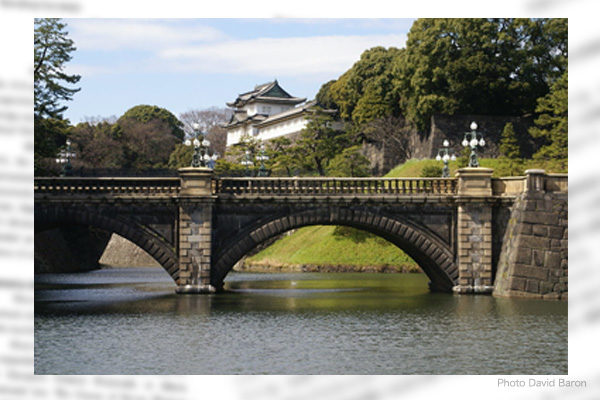“While calling for ‘securing a stable imperial succession,’ it may be trying to disrupt the convergence of discussions.” This is an impression by a senior government official who read a proposal on Japan’s imperial succession published by the Yomiuri Shimbun newspaper on May 15. He expresses the view because the proposal came out abruptly at a time when ruling and opposition parties were discussing two proposals given by a government panel of experts in January 2022 in a bid to enact a bill for securing a stable imperial succession and a stable number of imperial family members during the current National Diet session scheduled to last until late June. One of the two government proposals calls for allowing a male who belongs to the male line of the imperial family to come back as an imperial family member through adoption. The other is for allowing a female imperial family member to retain the imperial family member status after her marriage.
Eight major political parties and parliamentary groups, including the Liberal Democratic Party, Komeito, Japan Innovation Party, and Democratic Party for the People are in favor of the government proposals. Does Yomiuri have no decency to avoid politicizing the imperial succession issue.
Sudden acceptance of a female-line emperor
While advocating the establishment of a female imperial family branch headed by a female imperial family member and the granting of the imperial family member status to her husband and children, the Yomiuri proposal doubts the advisability of allowing a male-line male of a former princely household to return to the imperial family. Furthermore, it proposes an institutional reform that takes into account not only a female emperor but also the possibility of a female-line emperor who inherits the imperial bloodline only through the mother.
How does the Yomiuri Shimbun think of the fact that the government proposals, while allowing a female imperial family member to retain the status after her marriage, fell short of advocating the establishment of a female imperial family branch to approve the husband and children in the branch as imperial family members, which could lead to a historically unprecedented female-line emperor? The husband from a non- imperial family and children should never be given the imperial family status.
According to a Yomiuri article, the “proposal was compiled by reporters from the Editorial Department, the Editorial Board, and others based on a series of interviews and study meetings with a range of experts.”
I cannot believe, however, that the Yomiuri proposal fully took into account how the imperial family has overcome an imperial succession crisis in its long history. For instance, Emperor Kokaku, the 119th emperor and the direct ancestor of the current Emperor Naruhito, was the grandson of a younger brother of his predecessor and 118th Emperor Gomomozono’s great-grandfather. Since Emperor Gomomozono had no son, Emperor Kokaku came from the Kanin-no-miya branch of the imperial family.
In an interview with the Sankei Shimbun newspaper, writer Tsuneyasu Takeda, who is the great-great-grandchild of Emperor Meiji and from the former Takeda imperial family, criticized the Yomiuri proposal, saying, “the proposal that tolerates a female-line emperor while calling for giving top priority to the continuation of the imperial lineage would fail to lead to the continuation.”
Expanding the eligibility for imperial succession
The Yomiuri Shimbun has adopted “fair reporting in pursuit of truth” as its philosophy. When the newspaper and the Japan Institute of National Fundamentals cooperated in analyzing satellite photographs of China’s construction of dual-purpose ships in anticipation of a Taiwan contingency, I was impressed by Yomiuri reporters’ sincere efforts to find out facts. However, imperial succession reports seem to be an exception. As noted by Takeda, the Yomiuri proposal seems to be saying that the scope of people eligible for imperial succession can be expanded to those who have historically not been able to become emperor. It would not be called a stable imperial succession.
Takashi Arimoto is a Planning Committee member at the Japan Institute for National Fundamentals and a columnist at the Sankei Shimbun newspaper.


